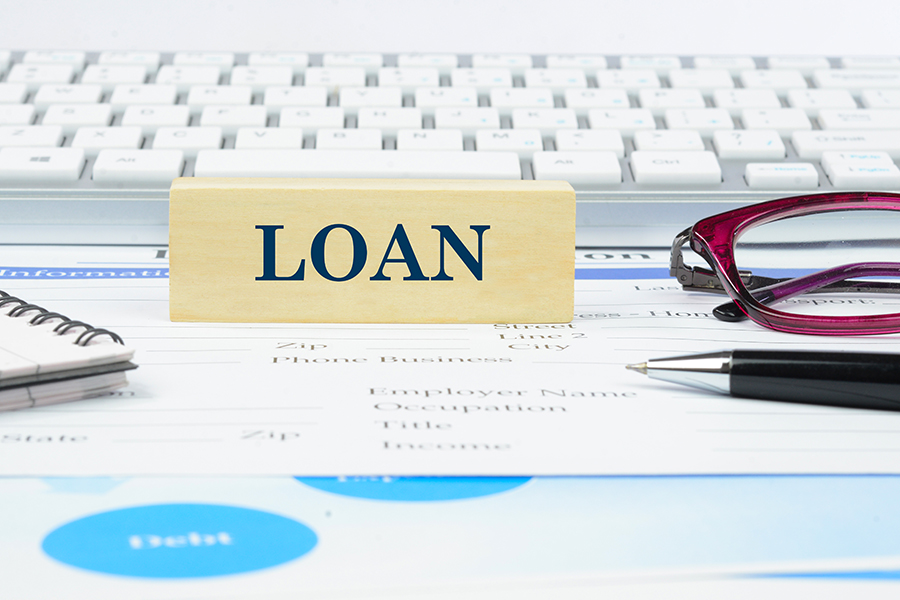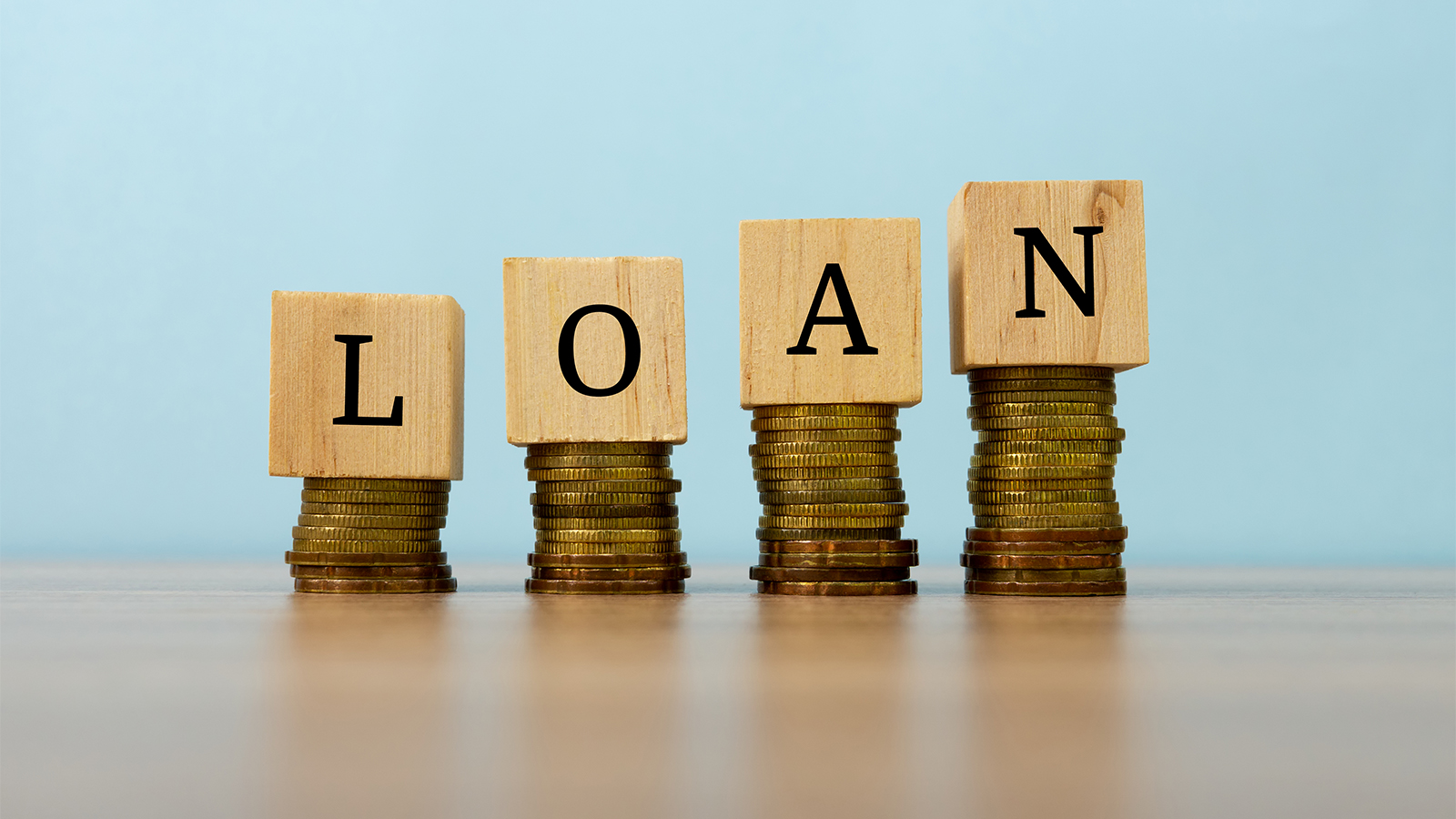Why Pre Approval Student Loans Can Make University Much More Economical
Why Pre Approval Student Loans Can Make University Much More Economical
Blog Article
Recognizing the Impact of Rates Of Interest on Home Loans for First-Time Customers
Navigating the labyrinth of home loans can be daunting for new purchasers, particularly when passion prices play a pivotal duty in forming their monetary journey. The option in between adjustable-rate and set mortgages brings significant effects, affecting regular monthly budget plans and long-lasting monetary stability. As rate of interest rates rise and fall with financial changes, recognizing their determination ends up being essential.
Just How Rates Of Interest Are Determined
Passion rates on home loans are determined by a complicated interplay of financial variables and plans. The primary chauffeur is the financial policy established by central financial institutions, such as the Federal Book in the United States, which changes the government funds price to affect economic task. When the main financial institution raises this price, borrowing comes to be much more expensive, typically leading to raised home financing rate of interest prices. Conversely, reducing the federal funds price can make loaning cheaper, possibly reducing mortgage prices.
An additional significant element is inflation. Higher rising cost of living normally leads to higher interest rates as loan providers require more go back to offset the decreasing purchasing power of future payments. Economic growth likewise plays a crucial role; in durations of robust economic performance, need for credit history boosts, which can drive up interest rates.
Furthermore, the bond market substantially affects home loan rates. Long-term rate of interest rates, consisting of those for home fundings, are very closely tied to returns on federal government bonds. As bond returns climb, so do home loan rates, mirroring the increased expense of long-term loaning.

Types of Rates Of Interest
Understanding the various kinds of rate of interest rates is indispensable to comprehending just how home lendings work. A set interest rate continues to be continuous throughout the term of the finance.
On the other hand, a variable rate of interest, likewise recognized as a flexible price, varies in time, normally in feedback to adjustments in a specified benchmark or index. These prices typically start less than repaired rates, which can be eye-catching to new purchasers. However, they entail the risk of raising with time, possibly leading to greater general costs if market rates climb.
Additionally, some lending institutions provide hybrid rates of interest, combining aspects of both taken care of and variable rates. For example, an initial period with a fixed price might be complied with by a variable price. Understanding these distinctions is important for debtors to make educated choices that line up with their economic scenarios and take the chance of resistance, as each type presents possible drawbacks and distinct advantages.

Effect On Regular Monthly Repayments
Monthly repayments on home loans are straight influenced by the sort of rate of interest chosen, which can substantially influence a debtor's economic planning. Fixed-rate mortgages offer stability, as the rates of interest continues to be unchanged over the lending's term, making sure that monthly payments continue to be constant. This predictability aids in budget planning, offering a clear financial picture over the financing's duration. On the other hand, variable-rate mortgages (ARMs) at first existing lower interest prices, which can cause smaller preliminary repayments. These prices are subject to changes based on market problems after the preliminary set duration, potentially raising month-to-month obligations.
Fixed-rate car loans shield against market volatility, offering peace of mind but commonly at a higher preliminary price contrasted to ARMs. On the other hand, ARMs may suit purchasers anticipating income growth or those intending to offer before the price modification happens, enabling them to capitalize on reduced repayments.
Long-term Financial Effects
The selection of rate of interest kind for a mortgage expands beyond immediate month-to-month settlements, bring substantial long-lasting financial ramifications. A fixed-rate mortgage, as an example, uses stability by locking in rate of interest throughout of the loan term, shielding debtors from future rate increases. This predictability can aid in long-term economic preparation, enabling home owners to forecast expenditures without the danger of rising repayments. If market rates drop, borrowers with a fixed-rate mortgage may miss out on out on potential financial savings unless they refinance.
Conversely, a variable-rate mortgage (ARM) normally begins with a reduced rates of interest, which can result in lower preliminary payments. Over time, however, the rate can fluctuate based on market conditions, possibly bring about greater payments. This irregularity presents an element of unpredictability, which might affect monetary security if rates enhance significantly.

Methods for Taking Care Of Prices
Browsing passion rates on home loans needs strategic preparation to enhance monetary end results. Novice homebuyers must take into consideration securing in rate of interest prices when they are favorable, as this can shield them from possible price hikes prior to their finance closing. Price locks normally last in between 30 to 60 days and provide an action of certainty in an often unstable market. Furthermore, purchasers could check out discount factors, which entail paying an in advance cost to protect a lower passion rate. This can lead to substantial savings over the car loan's life-span, specifically if the buyer prepares to stay in the home long-lasting.
Another strategy entails selecting the right funding type. Fixed-rate mortgages provide security, protecting borrowers from future price rises, while adjustable-rate home loans (ARMs) may provide reduced preliminary prices with the danger of future modifications. When choosing in between these choices., customers should meticulously examine their financial situation and threat tolerance.
Finally, preserving a solid important site credit report account is crucial. A greater credit scores score can considerably improve negotiation power for much more beneficial rates of interest. On a regular basis examining debt records, resolving mistakes, and minimizing arrearage can boost general creditworthiness, thereby placing my explanation customers to protect the most advantageous prices offered.
Final Thought
An extensive understanding of passion rates on home financings is vital for first-time purchasers to make enlightened decisions. Strategic administration of passion rates can substantially affect homeownership success and financial wellness.
When the main bank increases this price, obtaining becomes a lot more pricey, typically leading to increased home funding passion rates.In contrast, a variable rate of interest price, also understood as a flexible price, fluctuates over time, usually in action to changes in a specified criteria or index.In addition, some lenders offer hybrid interest rates, integrating components of both fixed and variable rates - pre approval student loans. A fixed-rate mortgage, for example, uses security by securing in rate of interest prices for the period of the financing term, protecting borrowers from future rate increases. Novice homebuyers ought my website to think about locking in rate of interest rates when they are beneficial, as this can shield them from potential rate hikes prior to their loan closing
Report this page